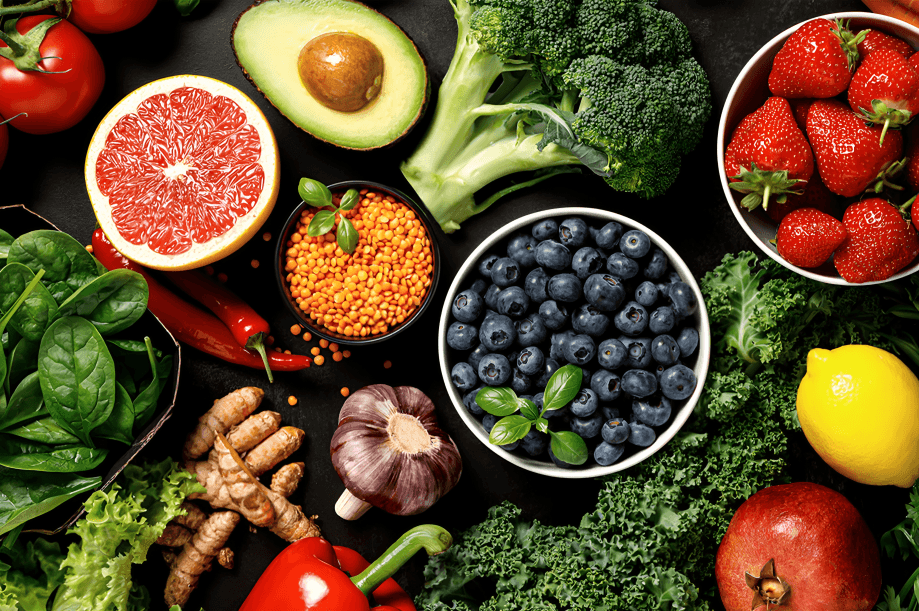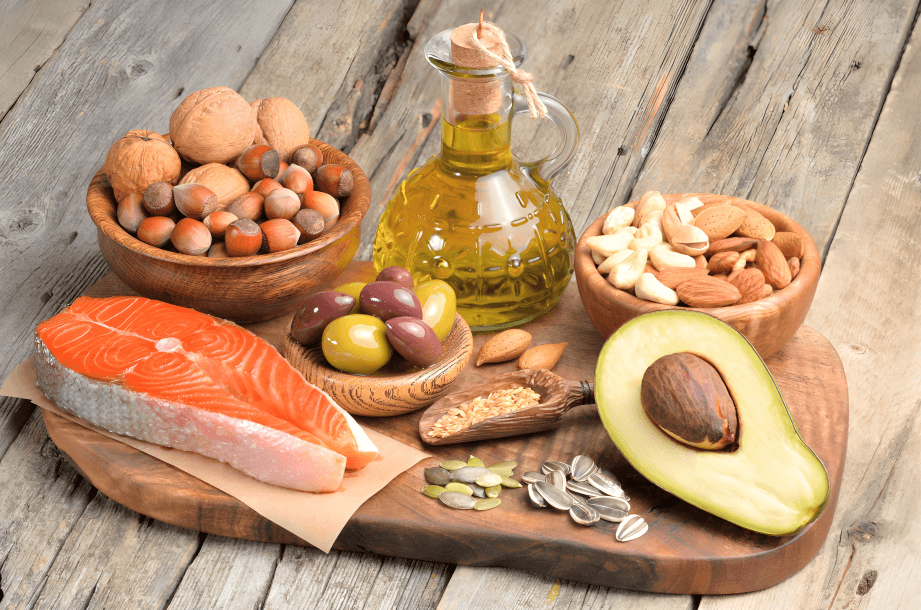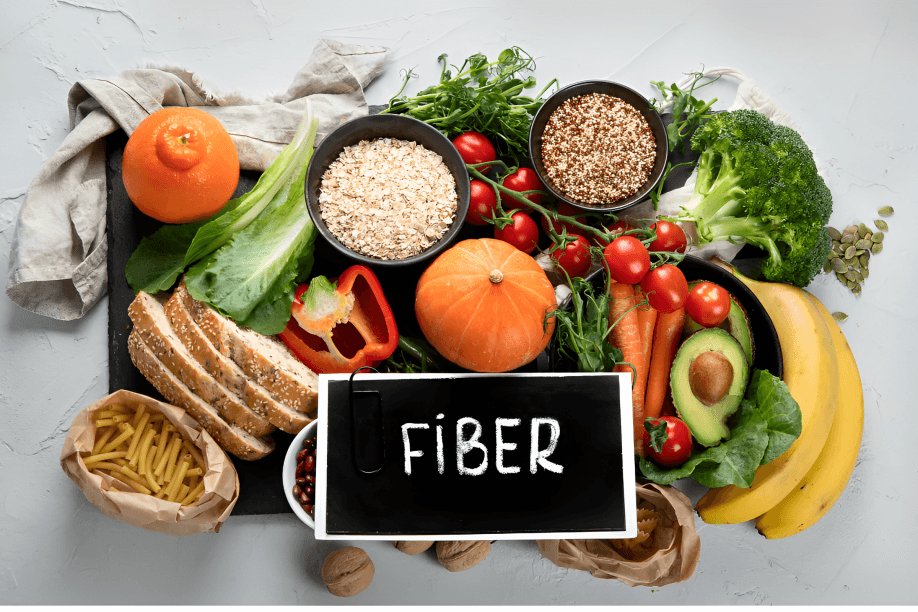
“
Managing hypertension effectively requires more than just medication; adopting the best diet tips for managing hypertension plays a crucial role in controlling blood pressure levels naturally. These tips focus on reducing sodium intake, increasing potassium-rich foods, and maintaining a balanced, nutrient-rich diet. 1
”
Doctors agree that reducing sodium intake to less than 1,500 mg daily helps significantly lower blood pressure and reduces strain on arteries, supporting heart health and overall hypertension management. 1
A diet rich in potassium, magnesium, and calcium naturally balances sodium effects, easing blood vessel tension and reducing hypertension symptoms effectively without the need for excessive medication. 2

Consuming more fruits and vegetables, especially leafy greens and berries, provides antioxidants and fiber that help lower blood pressure and promote healthy heart function.
Whole grains like oats, brown rice, and quinoa support hypertension management by improving cholesterol levels and offering steady energy release, which helps stabilize blood pressure throughout the day. 3
Reducing processed foods is vital since they contain hidden sodium and unhealthy fats, which can worsen hypertension by increasing arterial stiffness and blood vessel inflammation. 4
Including lean proteins such as chicken, fish, and legumes promotes heart health without the added saturated fats, which are linked to higher blood pressure. 5
The DASH diet, endorsed by health experts, emphasizes low sodium, high potassium, and nutrient-rich foods, proven to lower blood pressure within weeks of consistent adherence. 6
Limiting alcohol consumption is essential, as excessive drinking can elevate blood pressure and interfere with the effectiveness of hypertension medications. 7

Regular intake of unsaturated fats from sources like olive oil, avocados, and nuts helps reduce hypertension risk by improving arterial flexibility and reducing inflammation.
Avoiding sugary beverages and excessive sugar intake can prevent weight gain and insulin resistance, both of which are associated with increased blood pressure levels. 8
Monitoring portion sizes aids in maintaining a healthy weight, which is critical since obesity is a major risk factor for developing and worsening hypertension. 9
Drinking sufficient water throughout the day supports kidney function, which regulates blood pressure by balancing fluid levels and sodium excretion. 10
Garlic is known for its natural blood pressure-lowering effects by relaxing blood vessels and improving circulation, making it a useful addition to a hypertension-friendly diet. 11
Limiting caffeine intake can help, as caffeine may cause short-term spikes in blood pressure, especially in sensitive individuals or those not accustomed to it. 12
Incorporating magnesium-rich foods like nuts, seeds, and dark chocolate helps relax blood vessels and reduces blood pressure in hypertensive patients. 13

Consuming foods high in fiber not only supports digestion but also helps reduce cholesterol, improving overall cardiovascular health and reducing hypertension risk.
Doctors highlight that dietary changes should accompany lifestyle modifications like exercise and stress management for best results in controlling hypertension. 14
Limiting red meat consumption decreases saturated fat intake, lowering hypertension risk and promoting healthier cholesterol profiles for better blood pressure control. 15
Fermented foods like yogurt and kimchi can improve gut health, which research links to better blood pressure regulation through reduced systemic inflammation. 16
Philosophers and medical experts remind us that long-term commitment to diet and lifestyle changes is the most reliable way to sustainably manage hypertension and enhance overall health.17


